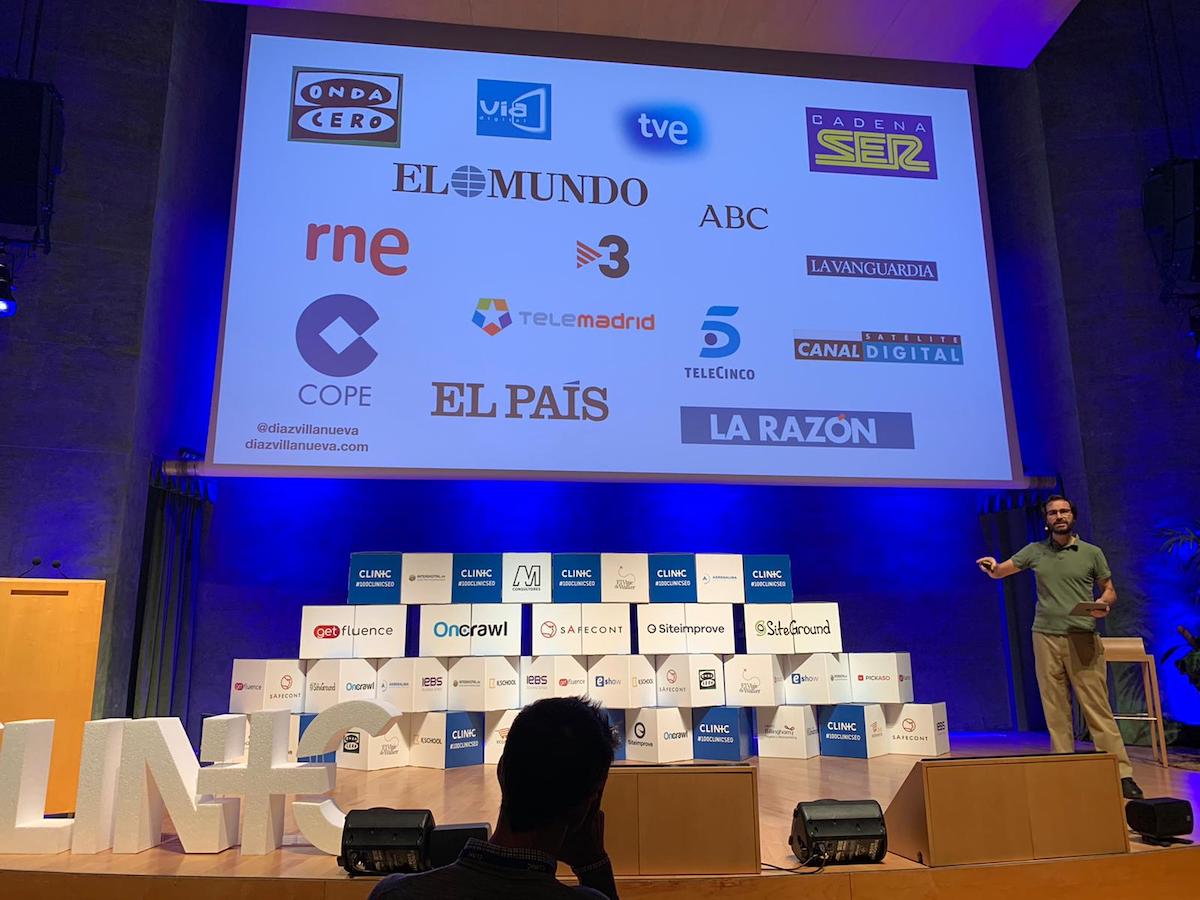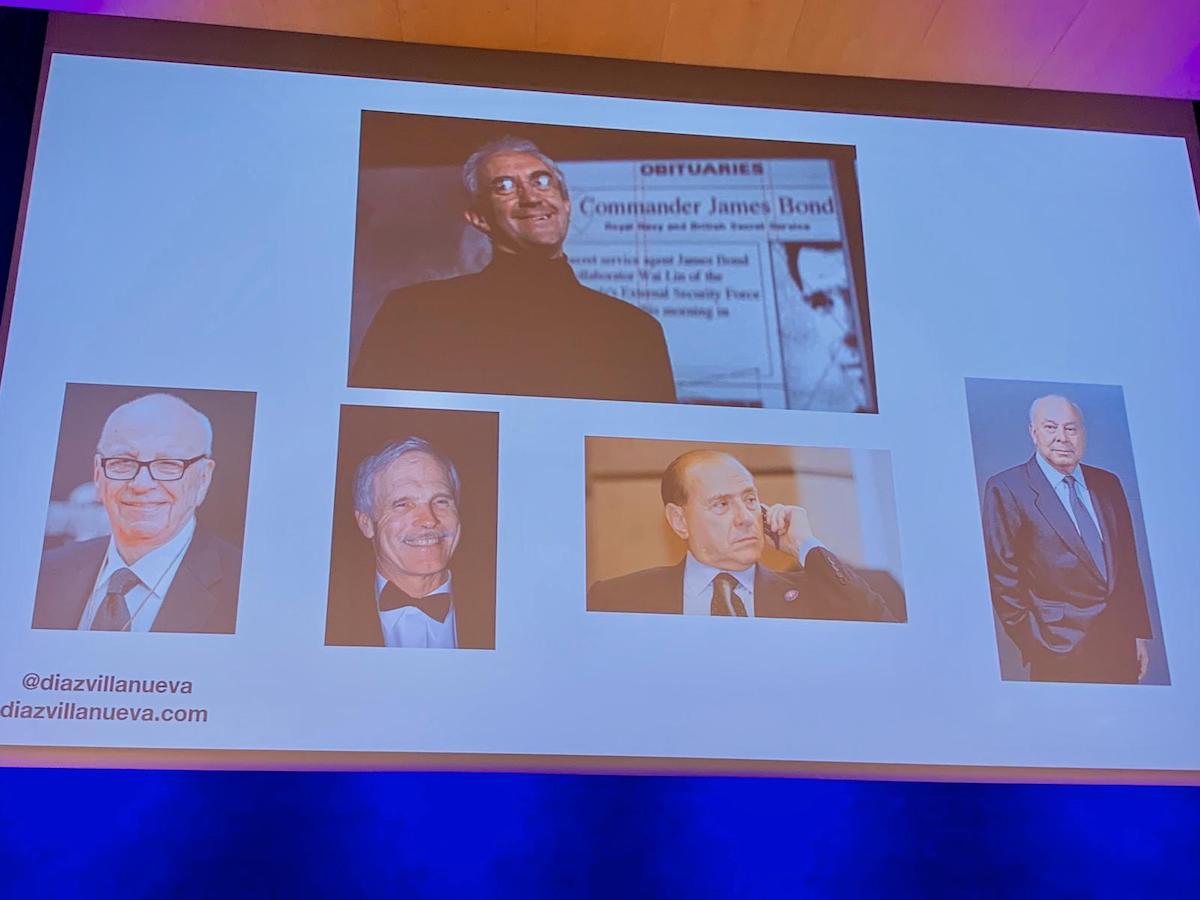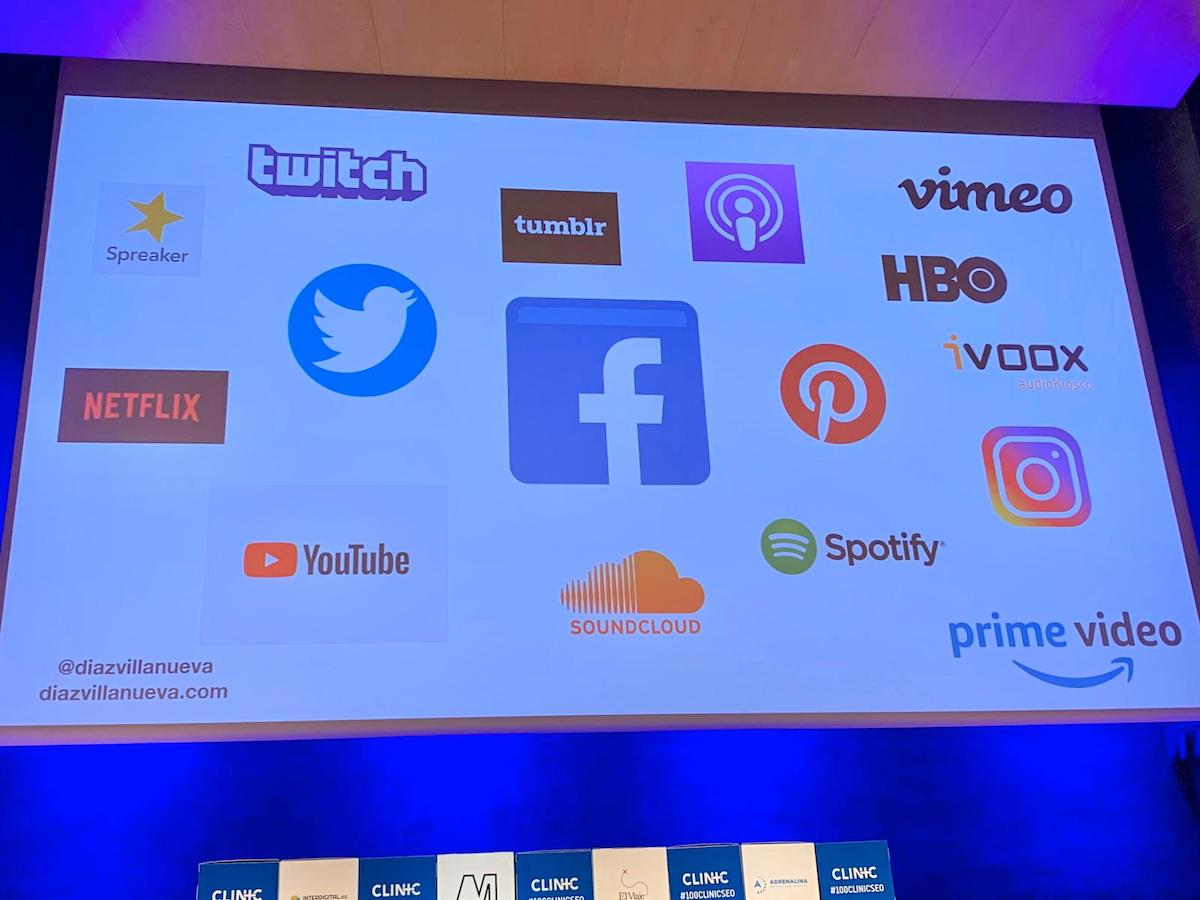Written by Fernando Maciá
Fernando Diaz Villanueva, journalist and political commentator, talks about the future of journalism.
Traditional media
Fernando Díaz started as a journalist some 20 years ago, when there were far fewer media outlets. A few newspapers, some (few) television channels and some radio stations. It was a highly concentrated industry at the national level regulated by licensing.
There were very few media groups: Zeta, PRISA, Vocento and Unidad Editorial. They continue to exist although they now earn much less money. They were very rich and powerful then. All the advertising went through there, it was advertising of big brands in expensive spaces.
The audience was not captive but also had little else to choose from. The state-owned channels were at the service of politicians and the private channels were at the service of the big media moguls. There were those in different countries: Jesús de Polanco, Rupert Murdoch, Ted Turner or Silvio Berlusconi. They were people with a great capacity to influence politics and the economy.
Web arrives
Today, the media market is dominated by very different companies: Facebook, Spotify, ivoox, HBO, Vimeo, Tumblr, Twitch, Spreaker, Netflix, Youtube, Soundcloud, Prime Video, Instagram… with a much larger audience than traditional media ever had.
The traditional media are still there. But now the fight is for attention, which is limited, because the time we can devote to consuming content is limited. What do we spend our time doing? We devote something to traditional media, although young people, for example, no longer devote anything.
The audience wins, because it has more choice. The advertiser also wins, because it can better segment and measure its audience. Likewise, the content producer wins: he has more independence without sacrificing audience. Platforms can afford to make a living from it.
The viewer no longer has to put up with a fixed menu: limited programs on a limited selection of channels and crammed with commercials. On the other hand, advertisers have much more support.
Fernando Díaz argues that there is no crisis in journalism, but rather a crisis in the publishing industry. That business model is sinking.
To realize this we can see him talking to a teenager. If we talk to him or her, he or she has never picked up a newspaper in his or her life. And he devotes all his time to the Internet. That is the future and, in his opinion, it is irrefutable.



